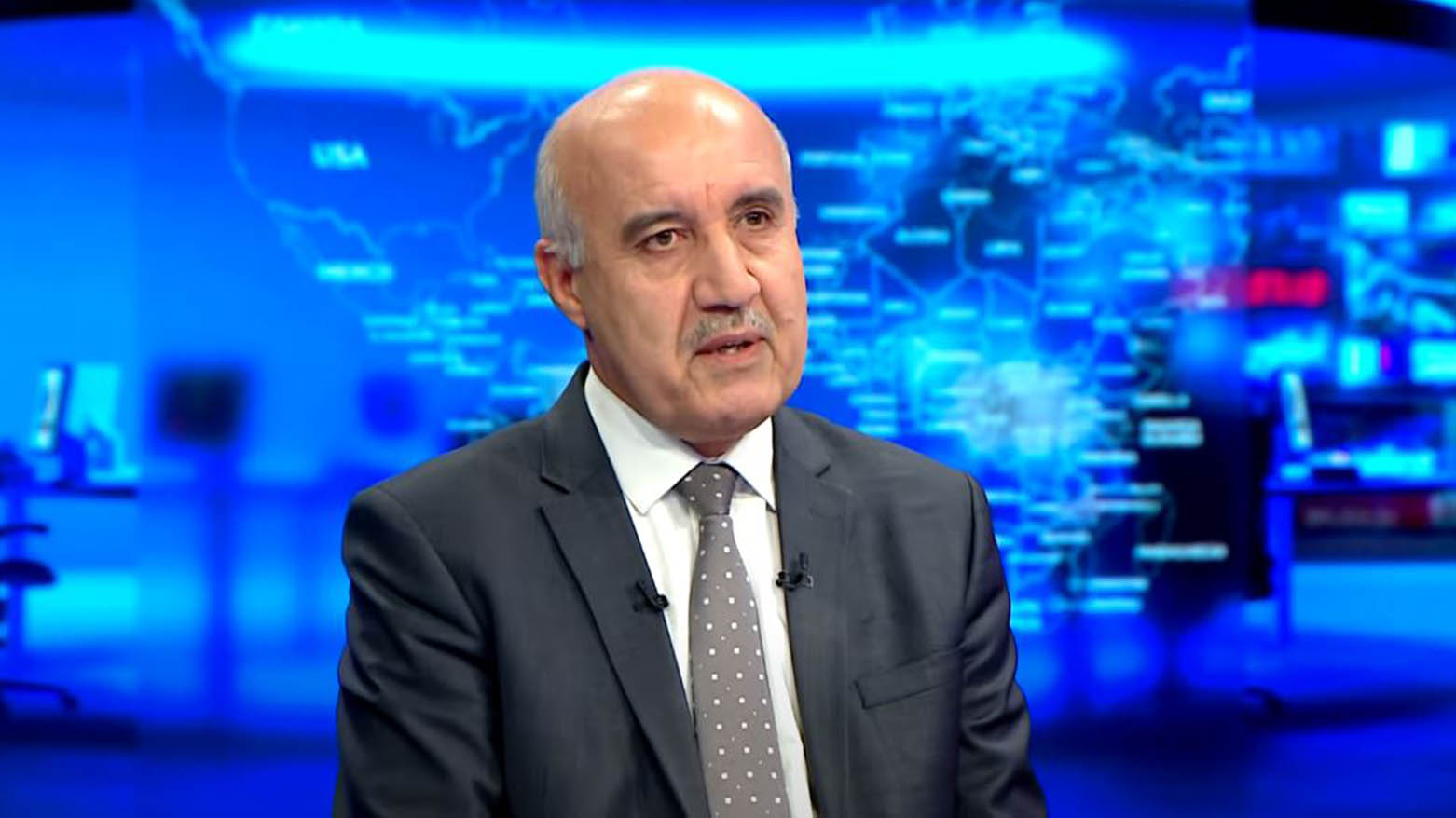Kurdistan’s Natural Resources Minister: Oil Output from U.S.-Partnered Fields to Resume in 18–24 Weeks
“The new agreements are designed to benefit Kurdistan, Iraq, and the involved companies,” the minister emphasized. “We need this energy, especially gas, to fuel our power infrastructure and support economic development.”

ERBIL (Kurdistan24) — Oil production at multiple key fields in the Kurdistan Region of Iraq is expected to resume within 18 to 24 weeks, according to acting Minister of Natural Resources Kamel Mohammed, who spoke exclusively with Kurdistan24.
In his remarks, the minister revealed that the Kurdistan Regional Government (KRG) has finalized agreements with two American energy companies to restart operations at several previously stalled oil fields. These agreements are expected to bring a substantial boost to the region’s daily production, which currently stands at around 300,000 barrels per day (bpd).
A Breakdown of Current Output
Minister Mohammed stated that of the 300,000 bpd currently being produced in Kurdistan, 180,000 barrels are generated directly by the Ministry of Natural Resources, while 120,000 barrels come from private oil companies. Of the ministry’s share, 65,000 barrels are refined daily for domestic use in power stations, gasoline, diesel, and black oil. The remaining 115,000 barrels are stored and not exported due to ongoing export halts.
He clarified that despite widespread speculation, this unexported oil is not being smuggled out of the region. Instead, it is sent to environmentally compliant refineries within Kurdistan, such as those in Kar, Lanaz, and Qaiwan. These facilities refine the oil for local consumption and industrial use, particularly for power generation and cement and steel factories.
Export Suspension’s Impact
Before exports were suspended, Kurdistan was sending approximately 400,000 bpd to international markets. Since the halt, five of the region’s 14 oil fields have completely shut down, and only nine remain partially operational. Minister Mohammed emphasized that all tankers and facilities involved in oil transportation and storage are under tight surveillance, with no unauthorized diversions.
“We do not sell smuggled oil,” he asserted, adding that all transactions and shipments are documented and allocated either for refining or distribution to public utilities and local markets. “We have never sold oil to unauthorized buyers, neither in Kurdistan nor to the federal government in Baghdad,” he said.
Legal Victory Over Western Company
The minister also shed light on a long-running legal dispute with Genel Energy, a British-Turkish oil firm, regarding the Miran gas field. Although the contract was signed in 2007-2008, the company failed to secure buyers for its production, stalling operations for years. After negotiations failed, the KRG took the case to a UK court, which ultimately ruled in favor of Kurdistan. As a result, control over the field was restored to the KRG.
New Energy Agreements and Future Output
Highlighting new opportunities, Minister Mohammed noted that a new deal has been signed with HKN Energy, an American company active in the Sarsang and Atrush fields. The agreement focuses on supplying fuel for power plants serving both Kurdistan and Iraq. He said the region currently produces only 50% of the gas required for domestic power generation, highlighting the urgent need for gas imports or increased production.
The KRG has also contracted with WesternZagros, another American firm, to operate the Topkhana field, which is rich in both oil and gas. The company had previously worked in the Kurdemir field. These developments are part of the broader strategy to stabilize and revitalize Kurdistan's energy sector in a sustainable and lawful manner.
“The new agreements are designed to benefit Kurdistan, Iraq, and the involved companies,” the minister emphasized. “We need this energy, especially gas, to fuel our power infrastructure and support economic development.”